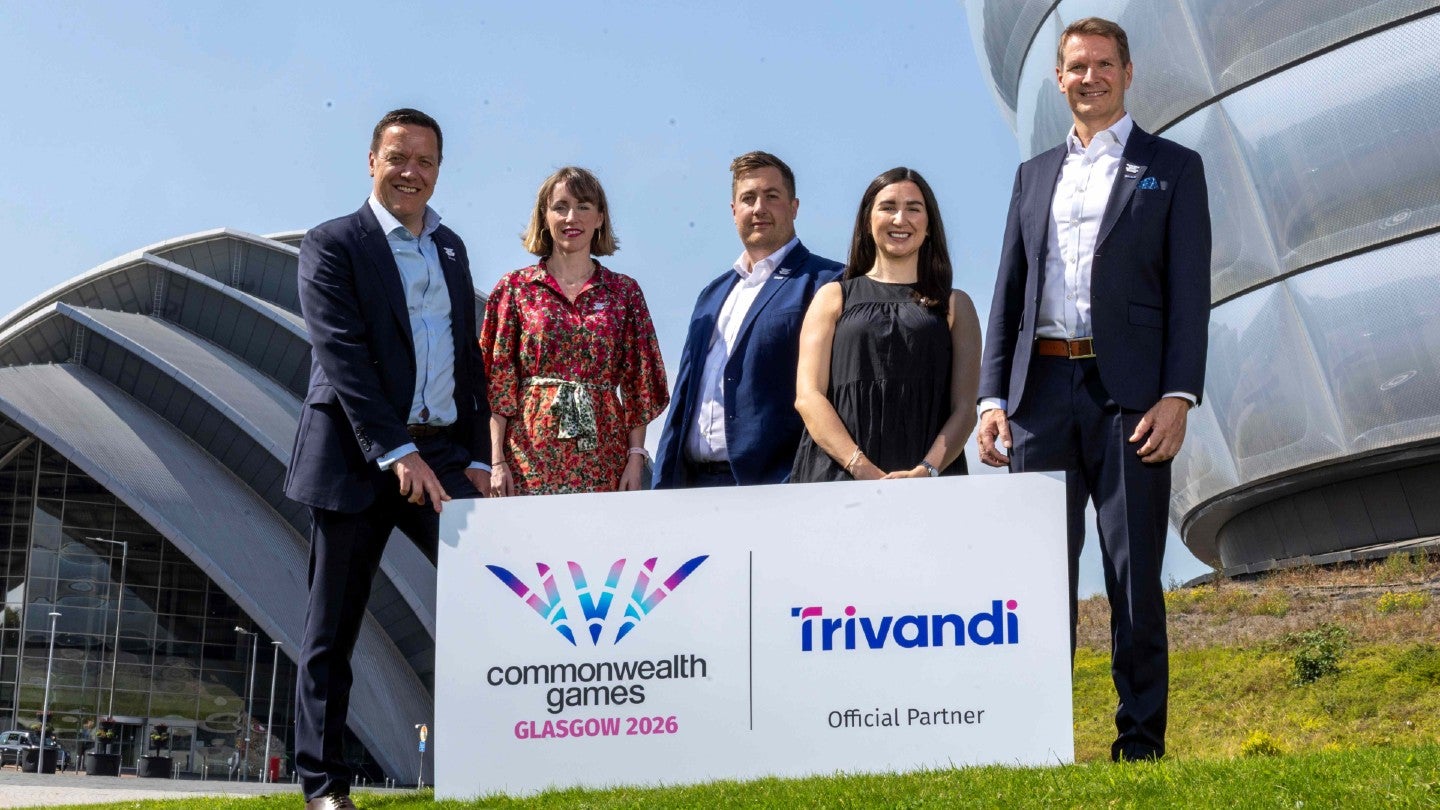
The organizing committee of the upcoming 2026 Commonwealth Games has appointed events firm Trivandi as the official event delivery partner of next year's edition in Glasgow.
Trivandi, which has supported the delivery of the last three editions of the Commonwealth Games, will aid Glasgow 2026 by managing venue operations and temporary games infrastructure for the organizing committee.
Seven venues in all are expected to be utilized at the games, including the city’s 12,306 all-seated capacity Hydro arena (artistic gymnastics, netball), and the 9,704-capacity Scotstoun Stadium (athletics), among others.
With these venues spread across just four locations that are no further than 4.6 miles from the city center, including the Scottish Events Campus that will stage seven different events, Glasgow 2026 is focused on delivering a games that has highly concentrated footfall, necessitating the Trivandi partnership.
Additionally, the firm will commit to hiring as many as 250 workforce roles to support the games, focusing on the Glasgow area in terms of recruitment.
Trivandi is experienced in the sector, having aided the delivery of every Olympic Games since 2012, as well as the previous three editions of the FIFA World Cup.

US Tariffs are shifting - will you react or anticipate?
Don’t let policy changes catch you off guard. Stay proactive with real-time data and expert analysis.
By GlobalDataGlasgow is hosting a scaled-down edition of the games with just 10 sports categories taking place, a factor necessitated by the quick turnaround after Victoria, Australia withdrew from its commitment.
The games will be hosted from July 22 through August 2, 2026, in the Scottish city (which will play host for the second time in 12 years), and will feature 10 different sports (as well as para-iterations of six of those sports) staged across four venues.
Athletics (track and field), swimming, artistic gymnastics, netball, weightlifting, boxing, judo, bowls, and 3×3 basketball will all be staged, alongside para-track cycling, para-athletics, para-swimming, para-powerlifting, para-bowls, and wheelchair 3×3 basketball at the scaled-down games.
In addition to the downsized events roster, the games will also be conducted without the use of any public funding, instead relying on a combination of sponsorship revenue and funds paid by Victoria as a penalty for its withdrawal from its hosting commitments.
In this regard, Glasgow has been described as a “pioneering example” of responsible games hosting by Commonwealth Sport chief executive Katie Sadleir, who said that the city stepping forward to host in 2026 has spurred on as many as seven letters of interest to host the games in 2030.
The change in interest comes after Commonwealth Sport launched a new format process for hosting, emphasizing increased collaboration, reduced hosting costs, and more flexibility.
The CGF outlined three principles as part of its new host selection process:
Hosts will now have more flexibility to shape each games themselves, to “co-create the event and associated legacy benefits and social return on investment."
The costs of hosting will be lowered significantly to enable more countries to stage the games. This will be achieved through several factors, including “encouraging the use of existing venues for sport and accommodation.”
The exceptions to this, however, will be if additional infrastructure is “part of existing national development plans that will happen irrespective of the games.”
The sports program for each games should be “innovative, inclusive, and exciting,” and should be attractive and relevant to athletes, host countries, and the Commonwealth in general.




